THE RESILIENCE COMMUNITY
After writing my memoir, I began to tune in to others’ stories about how their adverse childhood experiences (ACEs) have affected them as adults. For me, my trauma's impact was catastrophic on many levels. The truth is, so many of us have dealt with ACEs—especially sexual abuse—but we keep our secrets and stories locked in the shadows, rarely reflecting on how those experiences have molded and shaped the people we’ve become, for better or for worse. We’d prefer to bury our stories, avoid them, and even forget about them because we’re ashamed, afraid, disgusted or embarrassed.
Childhood sexual abuse has dominated the national headlines during the past several years. Sadly, it’s everywhere, and more ubiquitous than any of us would like to admit. Yet, we see the power in sharing abuse stories with others: we feel more empowered to face our own difficult truths and learn from them, and we feel less isolated and afraid. Hearing others’ stories helps us make meaning of our own.
In my memoir (which I hope to publish soon; it’s currently in final edits), I share my story in full because I know others will benefit from it. But it also benefited me to release it. It’s part of my resilience journey. I’ve discovered so much about how I view the world as a result of my childhood trauma. Now that I know what I know, I can change my narrative and author a new life story.
Let's together build a Resilience Community, where we share stories about our abuse, struggles and, hopefully, resilience, or said another way, emergence. We can learn from one another and find our collective way forward into new understandings about ourselves.
When you’re ready to share your story, reach out to me. It will take courage and vulnerability. I’ll guide you through the process. And if you’re willing, we’ll record your story and post it here for others as part of the Resilience Community.
If you're unfamiliar with the concept of resilience as it relates to adverse childhood experiences, I encourage you to watch this excellent documentary. Additionally, here is an excellent summary of what resilience in this context means. If you'd like to learn more about ACEs and know your ACEs score, I recommend this site: AcesTooHigh.com. Per that site, there are 10 types of childhood trauma measured in the ACE Study. Five are personal:
physical abuse
verbal abuse
sexual abuse
physical neglect
emotional neglect
Five are related to other family members:
a parent who’s an alcoholic
a mother who’s a victim of domestic violence
a family member in jail
a family member diagnosed with a mental illness
and the disappearance of a parent through divorce, death or abandonment
Here’s another excellent summary of ACEs and their impact on our life-long health.

